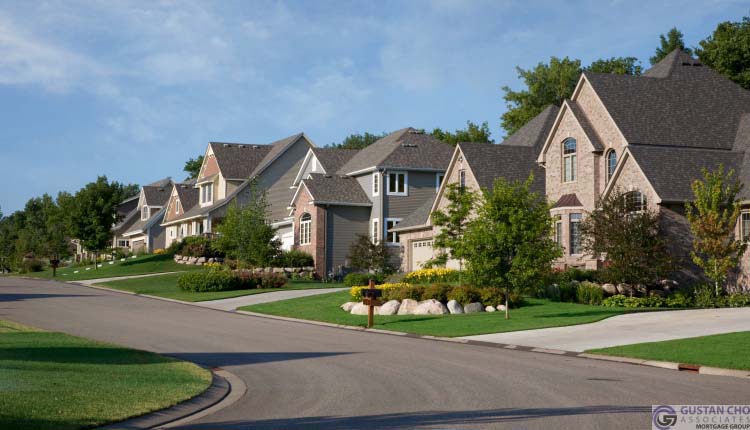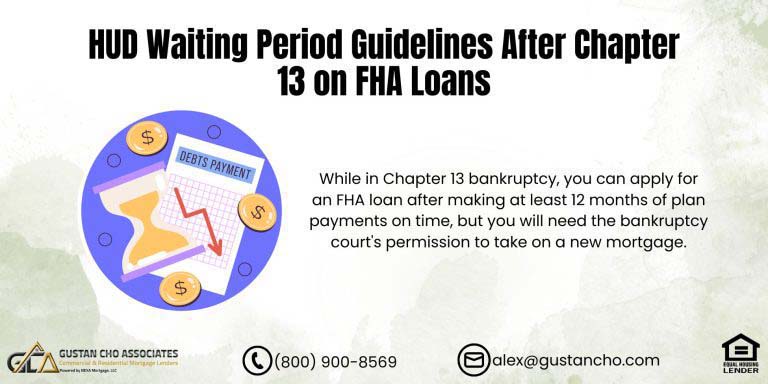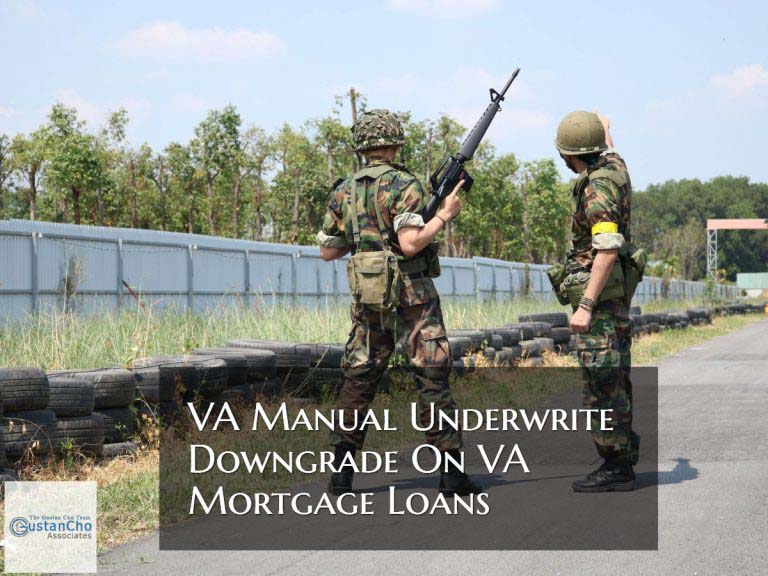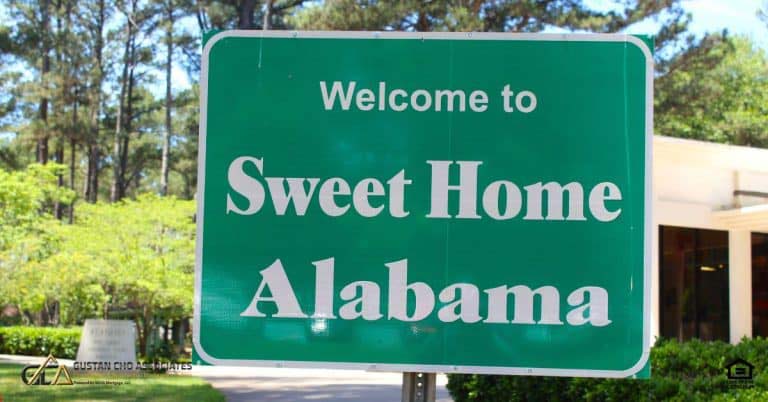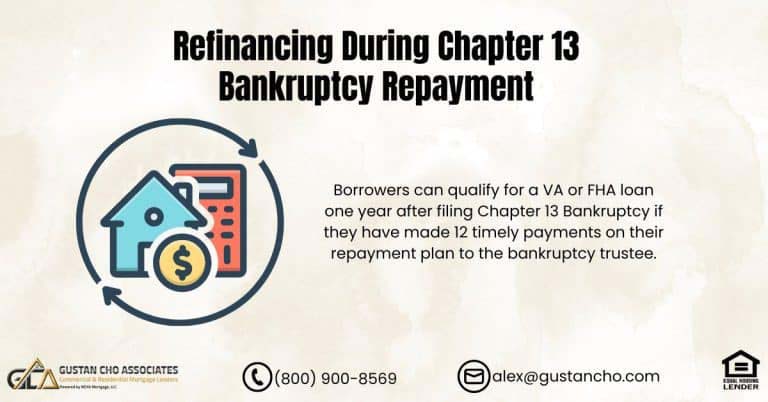This article covers Freddie Mac foreclosure guidelines on Conventional loans. Fannie Mae and Freddie Mac is the nations largest buyers of mortgage-backed securities. The role of Freddie Mac is to keep market liquidity by buying funded mortgage loans on the secondary market. Freddie Mac is the reason why mortgage lenders can originate and fund loans at competitive rates. Borrowers can qualify for government and conventional loans after a housing event. A housing event is one of the following events:
- Foreclosure
- Deed-in-Lieu of Foreclosure
- Short-Sale
Government and Conventional mortgage programs require a mandatory waiting period after a housing event to qualify for home loans. The waiting period is different depending on the loan program. Conventional loans have the longest waiting period requirements after a foreclosure, deed-in-lieu of foreclosure, short-sale out of any other loan programs. In the following paragraphs, we will cover Freddie Mac foreclosure guidelines.
Fannie Mae and Freddie Mac Mortgage Agency Guidelines
Conventional loans are called Conforming loans. The reason they are called conforming loans is that conventional loans need to conform to Fannie Mae and/or Freddie Mac Agency Guidelines. Private lenders originate and fund conventional loans. Lenders use their warehouse lines of credit to fund home mortgages.
Once the loan is funded, lenders need to sell the loans that just funded on the secondary market to Fannie or Freddie. Once Fannie Mae or Freddie Mac buys these loans from on the secondary market, the lender will use the proceeds to pay down their warehouse lines of credit.
With the lines paid down, the lender repeats the process and funds more loans and sells the funded loans to Fannie Mae or Freddie Mac. Fannie Mae and Freddie Mac will not purchase loans that do not conform to their agency mortgage guidelines. This is why Fannie Mae and Freddie Mac require lenders to sell them loans that only conform.
Speak With Our Loan Officer for Getting Mortgage Loans
The Role of Freddie Mac
Freddie Mac (FHLMC) is a government-sponsored enterprise. It is one of two mortgage giants that is the largest buyers of mortgage-backed securities on the secondary market. Freddie Mac sets guidelines and standards for mortgage lenders and servicers, including guidelines related to foreclosures. Remember that these guidelines can change over time, so it’s essential to consult with Freddie Mac or a qualified mortgage professional for the most up-to-date information. As of the last Freddie Mac Foreclosure Guidelines update, there are some general guidelines related to Freddie Mac foreclosure procedures we will be discussing in the following paragraphs.
Freddie Mac Foreclosure Guidelines on Loss Mitigation
Freddie Mac encourages mortgage servicers to explore loss mitigation options with homeowners facing financial hardships before proceeding with foreclosure. These options may include loan modifications, repayment plans, forbearance, and short sales. Freddie Mac has specific timelines and requirements for initiating and completing the foreclosure process, including proper notice to the borrower and compliance with state and local foreclosure laws.
Non-Judicial and Judicial Freddie Mac Foreclosure Guidelines
Freddie Mac guidelines cover non-judicial and judicial foreclosure processes, depending on the state’s foreclosure laws. The process can vary significantly from state to state. Mortgage servicers must ensure that the property title is clear before completing the foreclosure sale. Freddie Mac provides guidelines on eviction procedures after the foreclosure sale, ensuring compliance with applicable laws and regulations.
Freddie Mac Foreclosure Guidelines on Reporting and Documentation
Mortgage servicers must maintain detailed records and documentation throughout the foreclosure process to demonstrate compliance with Freddie Mac guidelines. Suppose a homeowner defaults on a Freddie Mac-insured loan. In that case, the servicer may submit a mortgage insurance claim to recover a portion of the unpaid balance.
It’s essential to remember the circumstances of the loan, the state’s foreclosure laws, and any changes in Freddie Mac’s guidelines since the last update.
Borrowers facing foreclosure or mortgage-related issues should consult with their loan servicer, a housing counselor. Additionally, mortgage servicers must adhere to federal and state laws governing foreclosure practices. Servicers must maintain and secure foreclosed properties to prevent damage and ensure they meet local housing code requirements.
Speak With Our Loan Officer about Freddie Mac Foreclosure
Waiting Period Fannie Mae and Freddie Mac Foreclosure Guidelines Versus Government Loans
There are three types of government loans:
- FHA Loans
- VA Loans
- USDA Loans
In this section, we will cover the difference between Fannie Mae and Freddie Mac foreclosure guidelines versus government loans. Fannie Mae and Freddie Mac Foreclosure Guidelines on a deed-in-lieu of foreclosure or short-sale are four years to qualify for conventional loans. There is a seven-year waiting period to qualify for conventional loans after a standard foreclosure. HUD requires a three-year waiting period after a foreclosure, deed-in-lieu of foreclosure, short-sale to qualify for FHA loans. USDA requires a three-year waiting period after a foreclosure, deed-in-lieu of foreclosure, short-sale to qualify for USDA loans. The Department of Veterans Affairs (VA) requires a two-year waiting period after a foreclosure, deed-in-lieu of foreclosure, short-sale to qualify for VA home loans.
Non-QM Mortgage Versus Freddie Mac Foreclosure Guidelines
Gustan Cho Associates Mortgage Group offers Non-QM and alternative financing loan programs. There are no waiting period requirements after foreclosure, deed-in-lieu of foreclosure, short-sale, bankruptcy with Non-QM loans. Many home buyers can qualify for Non-QM loans with one day after foreclosure, deed-in-lieu of foreclosure, short-sale. Or one day after a bankruptcy discharge date. 10% to 20% down payment is required on Non-QM loans. There are no maximum loan limits and no private mortgage insurance required on Non-QM loans. For more information about the contents of this article on Freddie Mac foreclosure guidelines or other mortgage-related topics, please contact us at Gustan Cho Associates at 800-900-8569 or text us for a faster response. Or email us at gcho@gustancho.com. Gustan Cho Associates Mortgage Group is available 7 days a week, evenings, weekends, and holidays.


